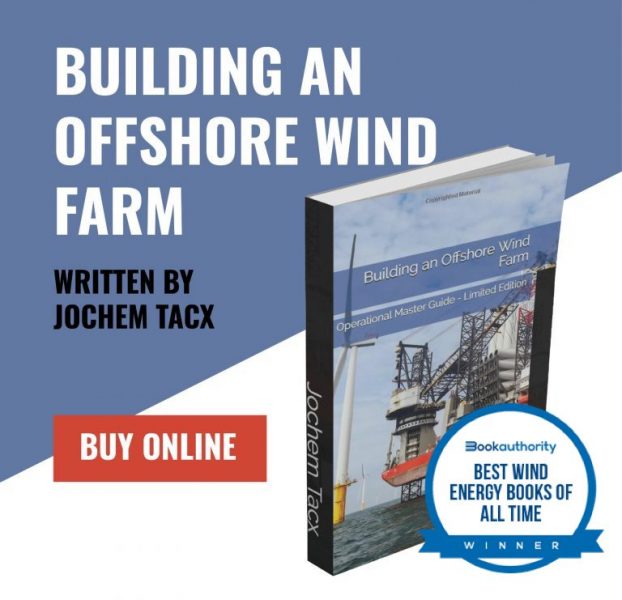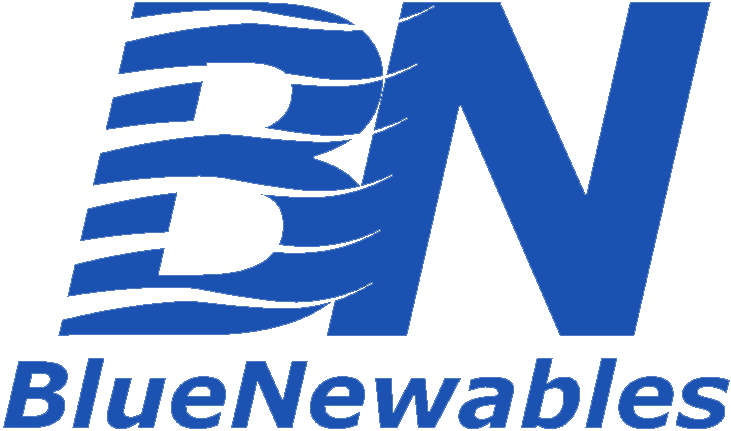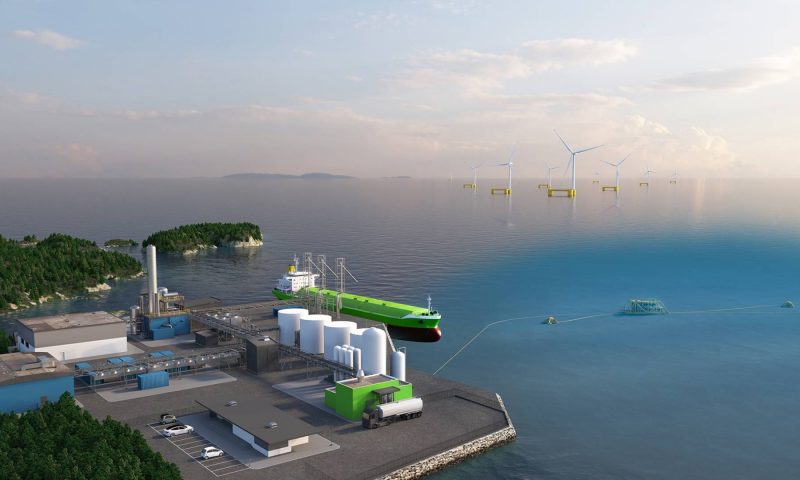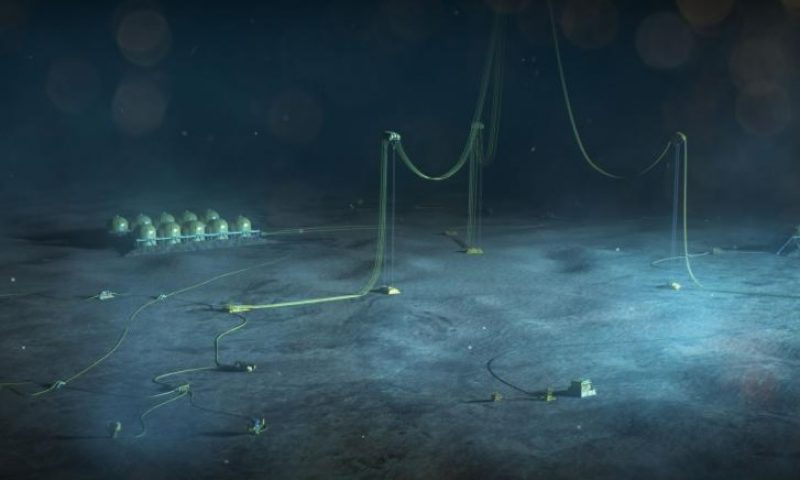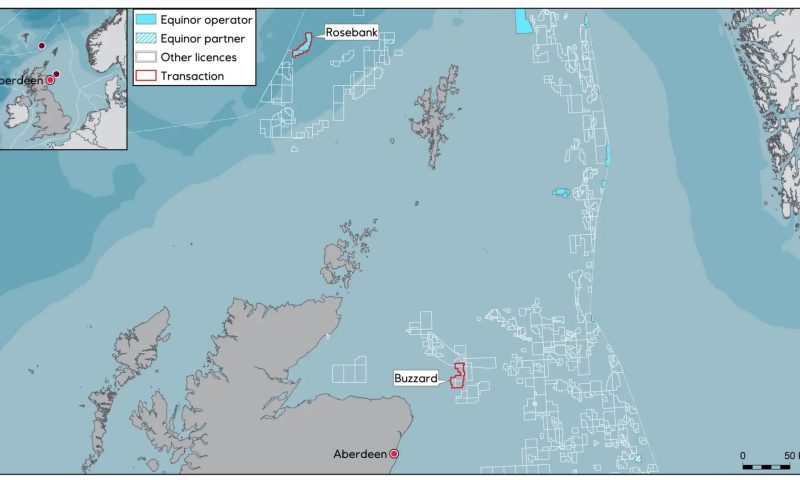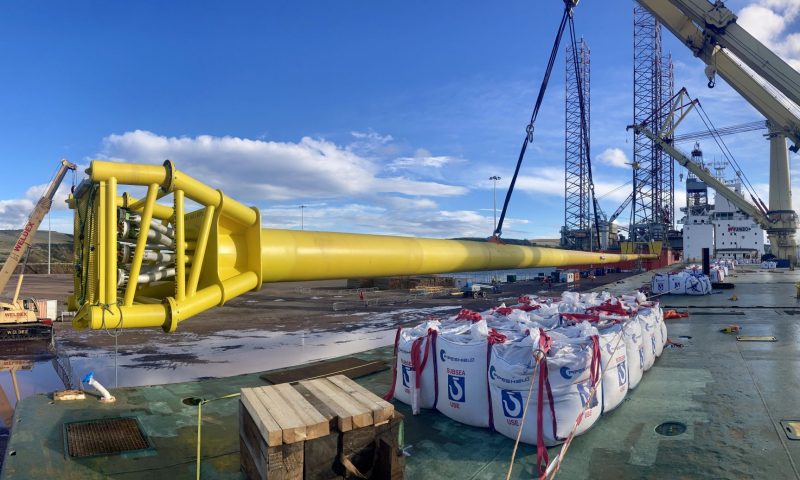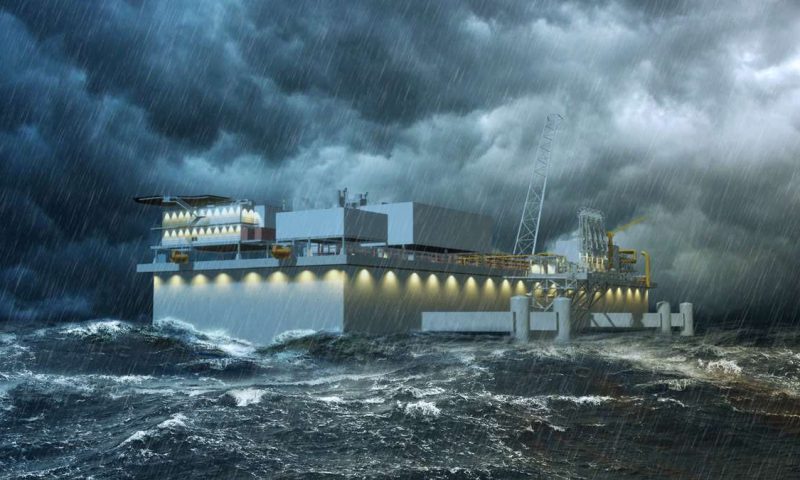
Aker Solutions Awarded FEED Contract for LNG Terminal
Aker Solutions has signed a contract with Crown LNG for front-end engineering and design (FEED) for the Kakinada LNG regassification project offshore India.
The order includes an option for engineering, procurement, construction, installation, and commissioning (EPCIC) of the LNG terminal, that will be confirmed upon final investment decision which is expected by the end of 2022.
“We are pleased to be a part of this very exciting project to develop the Kakinada LNG terminal. Aker Solutions is recognized as the world’s leading contractor for advanced concrete structures for marine projects. In the past, we have delivered some of the largest and most complex offshore concrete installations. As we embark on this important energy project, we will tap on more than 40 years of concrete experience, including Troll A, Hebron, Sakhalin I & II and Adriatic LNG,” said Sturla Magnus, executive vice president and head of Aker Solutions’ topside and facilities business.
Aker Solutions’ scope includes technical development of the concrete foundation and topsides, as well as the pipeline between the offshore regassification terminal and the onshore gas grid. While the concept remains to be matured, the GBS is expected to be more than 200 meters long, around 60 meters wide and 40 meters tall. The topside will consist of LNG regassification facilities, supporting systems, living quarters, helideck, cranes, and an electrical and instrument building.
As the main contractor, Aker Solutions will have a coordinating role towards key subcontractors Siemens Energy and Wärtsilä Gas Solutions. As part of the FEED, Aker Solutions will also coordinate soil surveys and construction site development.
The customer, Crown LNG, is a Norwegian group that specializes in developing LNG infrastructure for harsh weather conditions.
The Kakinada offshore location is approximately 11 kilometers from the shoreline, 19 kilometers north-east of Kakinada, in the province of Andhra Pradesh, in East India. As the east coast of India has monsoon seasons, the LNG terminal will be designed and positioned in a way that it can maintain operations all year, regardless of the weather conditions.
“This is one of the great advantages of concrete installations. They have the necessary robustness to withstand extreme weather conditions such as the Indian monsoon season,” said Magnus.
Another advantage of concrete solutions is that it allows for a high degree of local content, as the construction site may be developed locally with no need for an already established yard facility.
The FEED is expected to commence immediately, with delivery in 2022.
The FEED contract will be booked as order intake in the third quarter of 2021 in the Renewables and Field Development segment.

